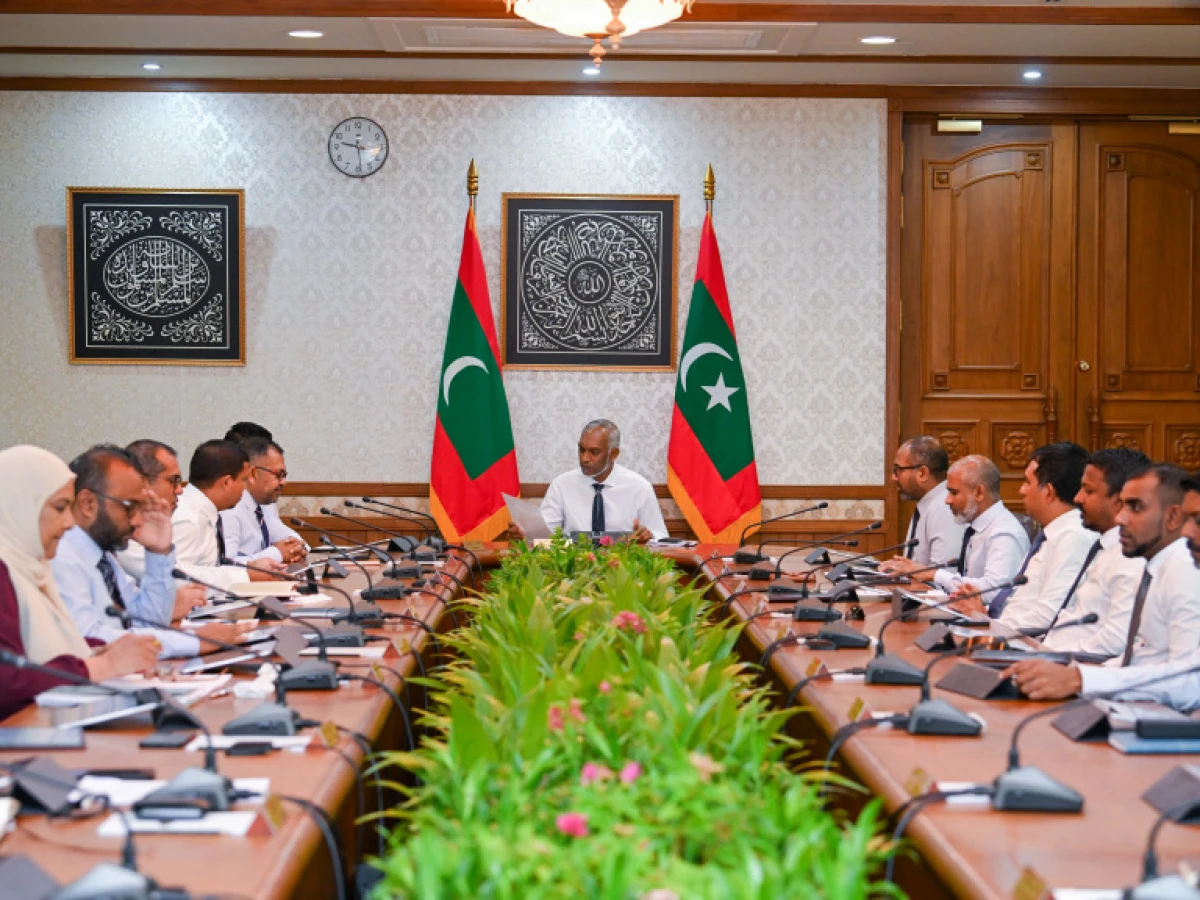
Rights organisation urges Maldives to scrap death penalty plans
Maldives has maintained a de facto moratorium on death penalty since 1954.
Human Rights Watch on Friday called on Maldives to immediately reverse the government’s plans to reinstate the death penalty.
Maldives has maintained a de facto moratorium on death penalty since 1954.
However, homeland security minister Ali Ihsan told reporters on Wednesday that the policy of the new government, which came to power on November 17, is to implement the death penalty.
In a statement, Patricia Gossman, associate Asia director at Human Rights Watch, called on President Mohamed Muizzu to immediately reverse his government’s plans to reinstate the death penalty.
"The Maldivian criminal justice system should align with the global trend toward abolishing this cruel and inhumane practice," she said.
International and domestic human rights organisations have continuously raised serious concerns over the enforcement of the death penalty in the Maldives, which are heightened by the Maldivian judiciary’s history of corruption, politicisation, and failure to provide justice and accountability for past crimes.
Currently, there are convicts in the country who meet all the procedures to be sentenced to death. They include:
-
Hussain Humaam - convicted of killing former MP and religious scholar Afrasheem Ali
-
Mohammed Nabeel - convicted of killing Abdullah Farhad, who was stabbed to death using a craft-knife blade in 2009
-
Ahmed Murrath - convicted of killing lawyer Ahmed Najeeb
-
Ibrahim Shahum Adam - convicted of killing Hassan Basheer, S. Hithadhoo, who was stabbed to death
-
Mohammed Niyaz - convicted of killing Ali Shiham, who was killed in 2014 in K. Thulusdhoo
-
Mohamed Shaifan - convicted of killing Ali Shifan, who was attacked and killed by a group in 2012
-
Adhuham Mohammed - convicted of killing taxi driver Gasim Hassan found murdered in 2019
-
Mohammed Shanoon - convicted of killing Ali Ziyadham in 2015
-
Mohamed Visam - convicted of killing 16-year-old Mohammed Aruham, who was killed in 2012 by a gang in Lorenzo Park
Maldives has maintained a de facto moratorium on death penalty since 1954.
Former President Abdulla Yameen Abdul Gayoom declared intentions to reinstate the death penalty during his tenure, encountering legal obstacles and international opposition.
Despite his initial stance in favour of capital punishment, Yameen acknowledged public apprehensions concerning the impartiality of investigative and judicial procedures in the Maldives.
Following Yameen's tenure, President Ibrahim Mohamed Solih expressed his reluctance to implement the death penalty and maintained the moratorium.
According to the death penalty rules drafted by the Yameen government:
-
The death penalty can only be carried out when all procedures are legally completed
-
A document to that effect shall be signed by a committee consisting of the Prosecutor General, the Chief Justice or a person designated by the Chief Justice and the Commissioner of Prisons and sent to the President
-
Within three days of receipt of the document, the President must send an order to the Commissioner of Prisons to execute the convicted person
-
The death penalty shall be carried out within a maximum of seven days from the receipt of the document by the Commissioner of Prisons
-
The sentence shall be executed in the presence of the Commissioner of Prisons, a doctor appointed by the Corrections Department, a lawyer appointed by the Prosecutor General and three members of the public appointed by the Commissioner of Prisons




